briquettes clean energy
Coconut Shell Charcoal Briquettes: A Clean Energy Solution
The Making of Coconut Shell Charcoal Briquettes
Coconut shell charcoal briquettes are produced through a carbonization process. The process involves heating coconut shells in the absence of oxygen, which transforms them into charcoal. The charcoal is then powdered and mixed with a small percentage of a binder to create dense, uniform briquettes. The binder ensures that the briquettes hold together during use, making them easy to handle and burn efficiently. The entire production process is relatively simple, cost-effective, and environmentally friendly, making it a sustainable option for producing charcoal.
Advantages of Coconut Shell Charcoal Briquettes
-
Renewable Resource: Coconuts are widely grown in tropical countries, making coconut shells a renewable resource. By utilizing these shells, which would otherwise be discarded as waste, we can help reduce environmental impact through charcoal production. Additionally, this process contributes to waste management by minimizing the disposal of agricultural waste.
- High Energy Density: Coconut shell charcoal briquettes have a high energy density and burn hotter and longer than wood charcoal. They produce consistent and steady heat, making them ideal for cooking and heating applications. Their efficient combustion translates to lower fuel consumption, which reduces the overall cost for consumers while also decreasing carbon emissions.
- Eco-friendly: One of the most significant benefits of coconut shell charcoal briquettes is their environmental impact. They emit fewer pollutants compared to traditional fossil fuels. The carbonization process used to produce these briquettes generates very little smoke and minimal emissions. This makes them a cleaner burning alternative, which is crucial for reducing indoor air pollution and protecting public health. Additionally, the carbon from coconut shells remains sequestered, contributing to reduced CO2 emissions, thus supporting global climate change mitigation efforts.
- Versatility: Coconut shell charcoal briquettes are not only used for cooking and heating but also have various industrial applications. They are used in water purifiers, animal feed production, and as an ingredient in activated carbon for air and water purification. Their high carbon content makes them suitable for use in industrial processes that require a high-quality fuel source.
- Cost-Effective: Compared to conventional charcoal made from wood, coconut shell charcoal briquettes are often more cost-effective. The raw materials for their production are readily available, and the process of making them is simpler and less energy-intensive. This cost-efficiency extends to the end user, making them an attractive option for both small-scale consumers and large industries.
Briquettes Clean Energy: The Future of Coconut Shell Charcoal Briquettes
The demand for clean energy solutions is on the rise due to increasing environmental concerns and the need for sustainable resources. Coconut shell charcoal briquettes align perfectly with these demands due to their eco-friendly properties, efficiency, and versatility. As awareness about environmental issues grows, so does the market for these briquettes. Governments and industries in many countries are starting to recognize the benefits of incorporating such renewable energy sources into their energy mix, making coconut shell charcoal briquettes an increasingly viable and attractive option.
Advancements in production techniques and the development of new technologies can help improve the efficiency and reduce the costs associated with manufacturing and using coconut shell charcoal briquettes. As a result, we can expect their adoption to grow not only in domestic markets but also internationally, providing a sustainable alternative to fossil fuels.
In conclusion, coconut shell charcoal briquettes represent a promising solution to the global energy crisis. Their sustainable production process, high energy density, and eco-friendly nature make them a valuable resource in the transition to clean energy. As more industries and households adopt this efficient fuel source, coconut shell charcoal briquettes will play an increasingly crucial role in promoting environmental sustainability and reducing our carbon footprint.
Learn more about coconut shell charcoal briquette
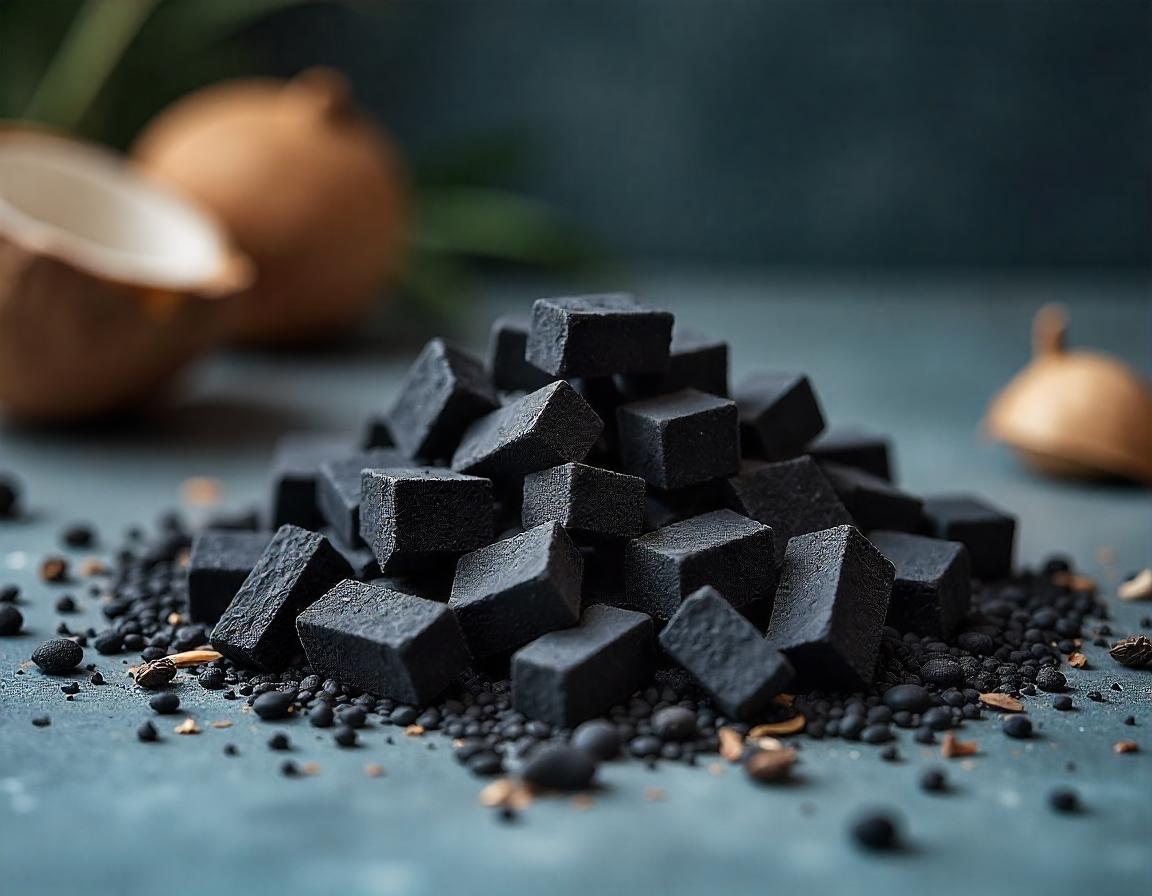
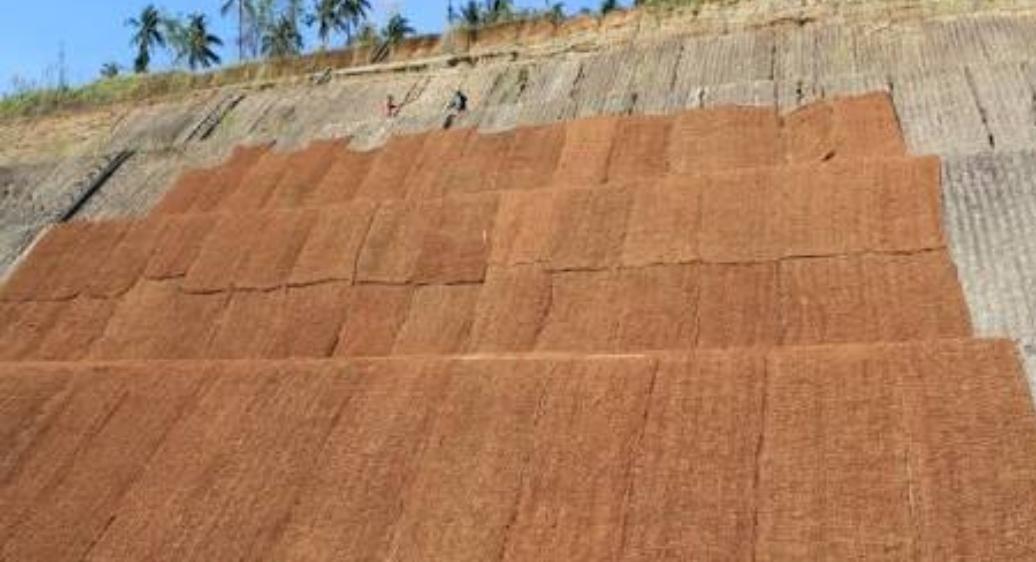

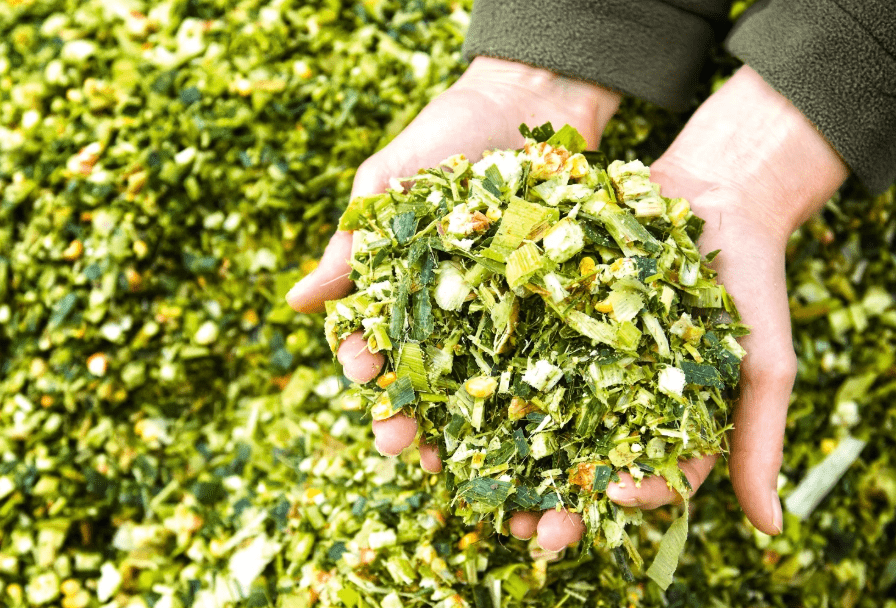
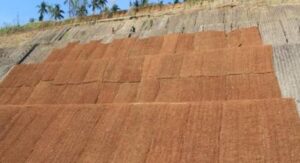
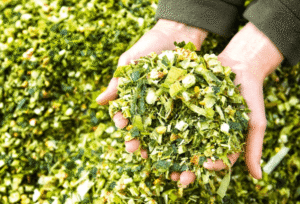



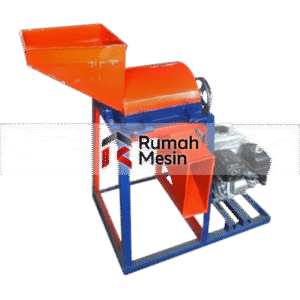



Post Comment